The transition from high school to university or college is a significant one. With a myriad of courses and career paths to choose from, it’s no surprise that many students feel overwhelmed. This guide aims to provide practical steps to help you make an informed decision about your future.
Why it Matters
- Choosing the right courses and institutions is a challenging task for students and professionals, often leading to poor decisions.
- Poor choices result in a 40% first-year dropout rate in universities and 80% of professionals pursuing irrelevant higher education courses.
- Guidance in course selection is crucial, so that students don’t make obvious mistakes.
How to Choose the Right Course
Here’re pointers that you can use to choose a course that suits you.
Assess Yourself and Reflect on what Motivates you
Understanding your interests, strengths, and values is the first step in choosing the right course or career. Consider what you enjoy doing, what you’re good at, and what’s important to you. There are numerous online tools and assessments that can help with this process.
Reflecting on your motivations for working can also be helpful. Perhaps you want a career that will pay a higher entry-level salary than comparable occupations, or one that promises more flexibility so you can work from anywhere. Understanding your priorities can help you choose a career that aligns with your goals
Research Courses and Institutions
When choosing a course or career, it’s important to research both the courses that interest you and the institutions that offer them. This involves understanding the course content, structure, and how it aligns with your career goals. Additionally, consider the reputation of the institution, its location, it’s accreditation and the support services it offers. This research will help ensure that the course and institution you choose align with your academic and career aspirations.
In relation to course and institution research, here’s where Fourth Profile does well. Use Fourth Profile to find the right course and institution for you.
Talk to Current Students and Professionals
Speaking to students who are currently pursuing the course or professionals in the field can provide valuable insights. They can share their experiences, challenges, and advice, giving you a realistic picture of what to expect. At Fourth Profile, we help you to Find Courses, and Connect with Current Students and Professionals in the career of your interest.
Job Shadowing
Job shadowing involves observing a professional in your field of interest. This hands-on experience can give you a taste of what the job entails and help you decide if it’s the right fit for you.
Take a Short Course or Attend a Workshop
Enrolling in a short course or workshop related to your field of interest can also be beneficial. This not only gives you a taste of what studying the subject would be like but also allows you to gain some basic knowledge and skills in the area.
Seek Professional Guidance
Apart from talking to current students and professionals, career counselors and advisors can provide professional guidance and support throughout this process. They can help you understand your options and make an informed decision.
Take a Career Quiz
Taking a career quiz can be a fun and insightful way to explore different career paths. These quizzes often assess your interests, values, and skills to suggest potential careers that might be a good fit.
Research Potential Jobs and Employers
Understanding the job market is an essential part of choosing the right course or career. Research potential jobs that interest you, and look at the skills and qualifications they require. This can help you align your course selection with your career goals.
Also, research potential employers in your field of interest. Look at their values, work culture, and opportunities for growth. This can give you a better understanding of the kind of environment you want to work in.
Common Mistakes Students make when Choosing a Course
Once you research about the course and institution, make sure you avoid the following mistakes when you choose a course:
- Following the crowd: It’s natural to be drawn towards popular courses or those chosen by peers, but this herd mentality often leads to a mismatch between a student’s interests, abilities, and the course content.
- Neglecting course content analysis: Selecting a course based solely on its title can result in unexpected surprises. It is paramount that students scrutinize the course syllabus, understand the subjects to be taught, the learning objectives, and the skills they are likely to acquire.
- Ignoring course delivery methods: Today’s educational landscape offers a range of course delivery methods, including traditional face-to-face, blended learning, and fully online courses. Failing to consider the learning mode that best suits their individual learning style is another common oversight.
- Overlooking faculty reputation: The reputation and expertise of the teaching faculty are crucial components of a rewarding educational experience. By disregarding this aspect, students may end up with a course that does not offer the expected quality of education.
- Disregarding future prospects: Some students opt for courses without considering the potential employment opportunities or further academic pathways it can lead to.
- Not factoring in course workload: Ignoring the workload and time commitment that a course requires is a frequent misstep. This negligence can lead to overwhelming stress and academic under-performance.
- Choosing based on what makes you more money: While money is important, how much you’ll make shouldn’t be your main guideline when deciding what to study.
- Rushing to choose a course: Rushing to make a decision on what to study can backfire horribly, especially if the course you choose is something you’re greatly uninterested in.
- Going along with your parents’ decision: What you’ll be studying is something that you will go through. You’ll be the one who will sit through all the papers and tests, spend sleepless nights finalizing reports and blow people’s mind with fantastic ideas for your group assignments.
